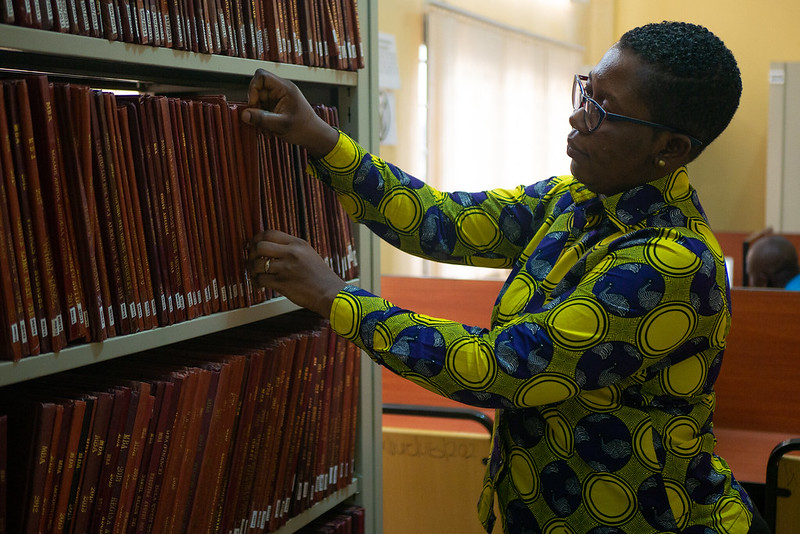Addressing Faculty Challenges in sub-Saharan Africa: Observations and Potential Solutions from Select Countries in the Region
A New Report Highlights Valuable Insights and Potential Solutions to Tackle Faculty Challenges in Sub-Saharan Africa

Education Sub Saharan Africa (ESSA) has released a report highlighting valuable insights and potential solutions to tackle faculty challenges in Sub-Saharan Africa (SSA). The report, which explores examples from select countries in the region aims to help education leaders and policymakers in addressing these critical issues.
The report was prepared as a contribution to the Demographics of African Faculty (DAF) study in the East African Community (EAC). The Demographics of African Faculty project, carried out by an international consortium consisting of the Inter-University Council for East Africa (IUCEA), ESSA, the Association of African Universities (AAU), and the Population Reference Bureau (PRB), with funding from Carnegie Corporation of New York, strives to generate essential data and evidence to understand faculty challenges in Sub-Saharan Africa.
It also aims to raise awareness regarding the crucial need for qualified, equitable, and skilled faculty to provide quality higher education aligned with appropriate policy goals.
The insights and evidence provided in the report will greatly assist in addressing faculty challenges within the East African Community region. The consortium will use this information to identify or co-create new solutions and collaborate with education leaders and policymakers to tackle the identified challenges effectively.
Several potential solutions highlighted in the report include:
-
End the duplication of academic programmes and abandon the aggressive marketing of degrees and diplomas with low academic rigour. This enables effective allocation of faculty, efficient utilisation, and maximisation of existing resources, hence an increase in the quality of graduates and research.
-
Establish a transformative approach to developing the future generation of academics by creating an estimation, planning and development framework to recruit, support and retain faculty.
-
Enhance the development of faculty members through strong regional partnerships, Centres of Excellence, blended learning approaches, entrenching innovative pedagogy, as well as organising effective doctoral and postdoctoral programmes, residential training schools, and workshops.
-
Mainstream gender in the curriculum and establish conducive networks for female academics.
-
Establish homegrown research databases to publicise faculty research findings and encourage research collaboration.
-
Involve the private sector in the training of faculty and students in the use of technology and infrastructure development.
It is of utmost importance that these evidence-based, context-specific solutions to faculty challenges in Sub-Saharan African higher education institutions are considered. Depending on resource availability, relevant approaches can be adopted to address faculty challenges in specific institutions, countries, or regions across Africa.